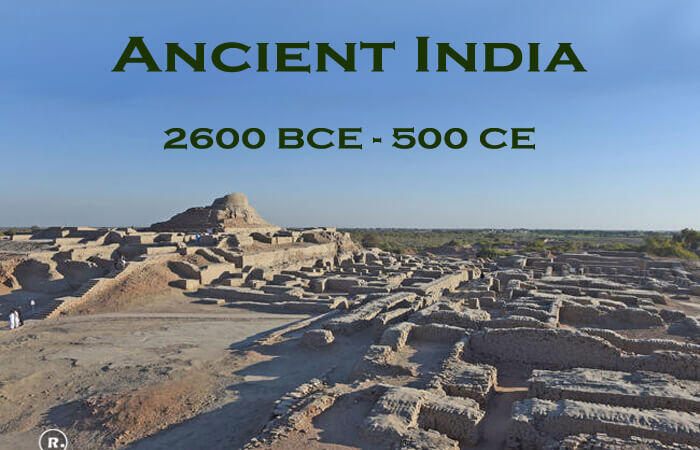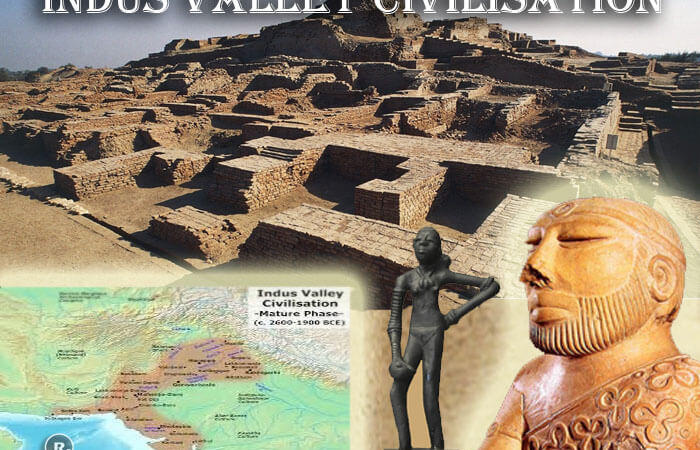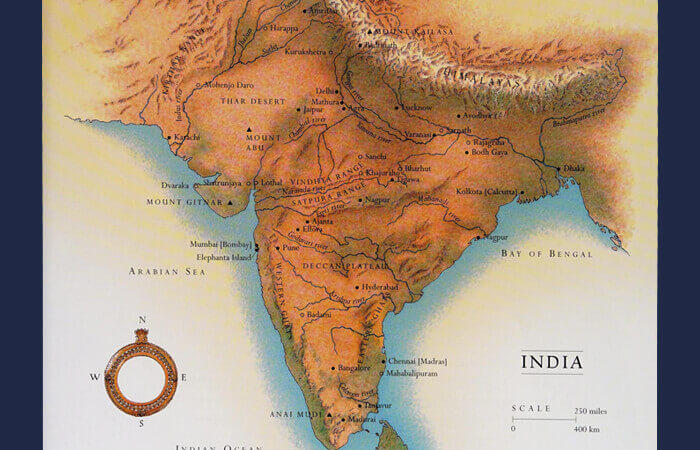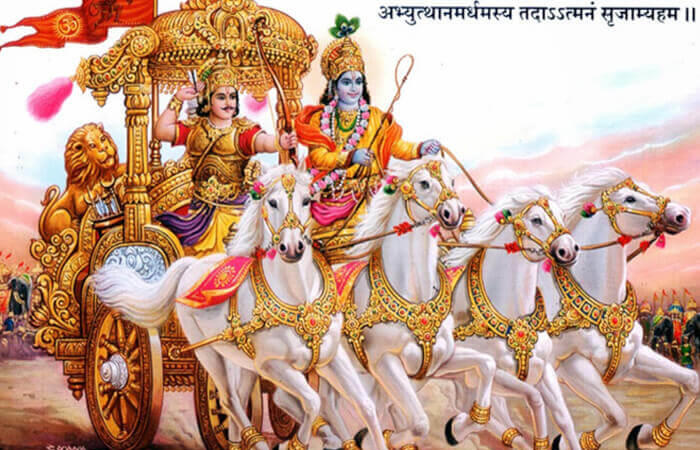Pandit Jawaharlal Nehru (14 November 1889 – 27 May 1964)
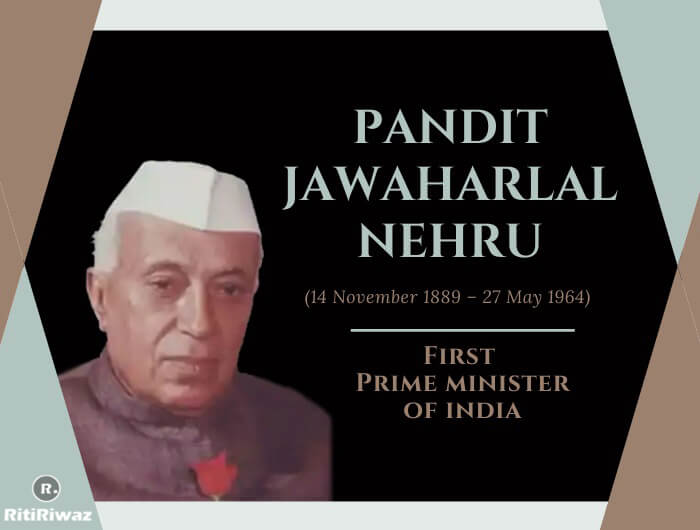
Pandit Jawaharlal Nehru was the first Prime Minister of India and a central figure in Indian politics before and after independence. He emerged as the paramount leader of the Indian independence movement under the tutelage of Mahatma Gandhi and ruled India from its establishment as an independent nation in 1947 until his death in 1964.
He is considered to be the architect of the modern Indian nation-state: a sovereign, socialist, secular, and democratic republic. Nehru had great affection for children and he considered children to be the future producers of the country, children also loved him and called him ‘Chacha Nehru‘. His birthday is celebrated as Children’s Day in India.
Fast Facts
Name: Pandit Jawaharlal Nehru.
Birth: 14 November 1889
Birthplace: Allahabad, North-Western Province, British India.
Father: Motilal Nehru.
Mother: Swarup Rani.
Occupation: Barrister, writer, politician
Wife: Kamala Nehru.
Children: Indira Gandhi
Died: 27 May 1964 (aged 74)
Death Place: New Delhi, India
Resting Place: Shantivan
Awards: Bharat Ratna (1955)
Early Life
Jawaharlal Nehru was born on 14 November 1889 in Allahabad. He belonged to a Kashmiri Brahmin family. His father Motilal Nehru was a well-known lawyer in Allahabad. His mother’s name was Swarup Rani. Jawaharlal was the eldest of three children, two of whom were girls.
As a child Jawaharlal had his initial education at home by private governesses and tutors. At the age of 15, Jawaharlal Nehru was enrolled by his father Motilal Nehru at Harrow School, England, and the University of Cambridge. He returned to India as a lawyer in 1912. In 1915 AD, Nehru was married to Kamala Nehru. He started his practice in Allahabad High Court from where his interest in national politics grew and due to which he also left his legal practice.
Political Life

Nehru had developed an interest in Indian politics during his time in Britain as a student and a barrister. Seeing the plight of India, Nehru jumped into the freedom movement. After the Rowlatt Act of 1919 and the tragic Jallianwala Bagh massacre of Amritsar, Nehru could not stop himself and he too joined the political arena with his father Motilal Nehru and other big political leaders.
He became one of the leading figures in India’s struggle for independence. He received proper guidance from Gandhiji. Pt. Jawaharlal Nehru also participated in the non-cooperation movement of Mahatma Gandhi between September 1920 to 1922. Nehru also had to go to jail due to the non-cooperation movement. Nehru was imprisoned nine times altogether.
After that, Jawaharlal Nehru was elected the chief of the Congress at the Congress session of Lahore in 1929. On 26 January, he waved the tricolor flag on the banks of the Ravi river and proclaimed complete independence on that day.
In 1942, Nehru ji raised the slogan of Quit British-India, which was not liked by the British Government and he put him in jail. This act of his bravery spread the fire of fighting for freedom throughout the year of India. On the other hand, the international condition of the British Government had also deteriorated due to which they were slowly retreating.
First Prime Minister of India
India finally became independent on 15 August 1947 after the hard work of her and the great freedom fighters of India and the sacrifices of many revolutionaries. After independence, Nehru was made the first Prime Minister of India.
After independence, he faced many kinds of difficulties. Whenever a group of imperialist countries was threatening to annex India, then there was a problem of natural calamities like floods. Workers used to go on strike at different places. The British robbed the country and left it with poverty and unemployment.
Not being afraid of many other kinds of great difficulties, he continued to do his work with courage and he overcomes all these difficulties to a great extent and took over the reins of the country. Jawaharlal Nehru was a strong leader. Under Nehru’s leadership, the Congress emerged as a catch-all party, dominating national and state-level politics and winning consecutive elections in 1951, 1957, and 1962.
He toured all over India in the triad election of 1962. He gave speeches by touring on foot, bus, rail, and airplanes. He remained popular with the people of India in spite of political troubles in his final years and failure of leadership during the 1962 Sino-Indian War.
He was also a great writer. He kept the slogan of “Aaram Haram Hai” in front of the people and explained to the people how to take the country forward. He taught the people of India the path of peace, cooperation, and love. Nehru formulated the Five Year Plan for the development of India and “Panchsheel” was established.
As a writer, he also wrote several books such as “The Discovery of India“, “Glimpses of World History“, “An Autobiography: Toward Freedom“, “Letters from a Father to His Daughter” etc.
He devoted his entire life to the upliftment of the country. As Prime Minister, he led India on the path of progress. The traces of social, political, and economic reforms undertaken by him in the contemporary Indian Republic are clearly visible and the growing economy of our country underscores this reality.
In 1955, Jawaharlal Nehru was awarded the Bharat Ratna, the highest honor of the country.
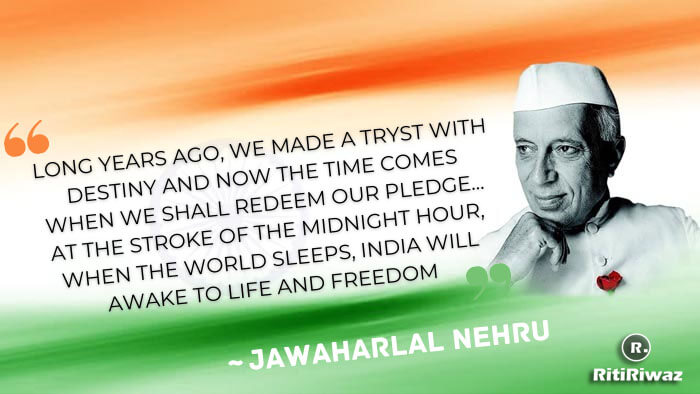
Death
Nehru always strived to improve his alliances with neighboring countries, China and Pakistan. Suddenly in 1962, China invaded India. Nobody had thought about what China did because China always pretended to befriend India. Sino-Indian War was a betrayal of trust, which caused great shock to Nehru. Jawaharlal Nehru Ji died in Delhi on 27 May 1964 due to a heart attack. His death was a great loss to the country of India.

